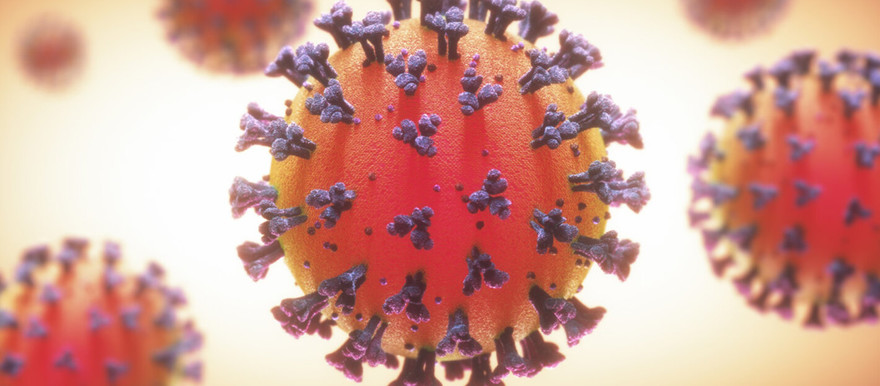The South Sudan COVID-19 Incident Manager Dr. Richard Lako has sounded a warning of the increase of coronavirus cases in the past weeks asserting a possible second wave of the virus to be witnessed in the country.
The health doctor has attributed the increased rate of the virus to the recent influx of refugees from the neighboring countries Ethiopia, Rwanda, and Uganda.
“From last months, we nearly received new additional 90 imported cases that came from neighboring country Uganda and these are South Sudanese who are returning homes,” Lako said. “The concern was that these 90 cases from returnees in the country would generate new infection into the community.”
Currently, South Sudan has so far recorded more than 2,940 confirmed cases, and 59 deaths, while 2,673 people have recovered from the COVID-19 diseases since the country announced its first case on April 5th, 2020.
The health official further warned that “If people do not adhere to the directives of keeping a safe distance and wearing masks in public, then the virus might spread more rapidly.”
According to the World Health Organization WHO, “Masks should be used as part of a comprehensive strategy of measures to suppress transmission and save lives; the use of a mask alone is not sufficient to provide an adequate level of protection against COVID-19.”
Lako said, the neighboring countries such as Uganda has so far recorded more than 13,090 confirmed cases and over 114 deaths, while Ethiopia has also recorded also more than 96,500 cases with over 1,470 deaths in recent days and their increases of COVID-19 will expose a higher risk to the people in the country due to increases number of returnees.
“The numbers have started rising and we are saying, these are consequences of the influx of South Sudanese coming back who have been tested positive,” Lako said. “This will pose a higher risk to South Sudan going into the second wave of COVID-19 infections.”
In October, South Sudan started to normalize COVID-19 restrictive measures such as reopening of worshipping places, schools, and social gatherings.
Lako also noted that the second wave might be characterized by the context of people not adhering to the directives of social distance and the wearing of masks in public places. Border reopening and also schools are all factors that might take South Sudan to go into the second wave.
What is the second wave of COVID-19?
After successfully slowing the rate of Covid-19 in many countries, several countries around the world who opted to ease tight regulation by reopening the economy have started to record more cases than earlier when the pandemic was at its peak. Experts term this as the second wave of the Covid-19 surge.
While infection numbers could appear higher in several countries it could also mean that there is an increase in the testing capabilities of a lot of countries.
For South Sudan, the situation is relatively the same, in mid-June the daily recorded cases was seen decreasing as government-controlled this by putting out measures that saw people going on lockdown and following directives of social distancing and wearing of masks from the data the cases went down.




